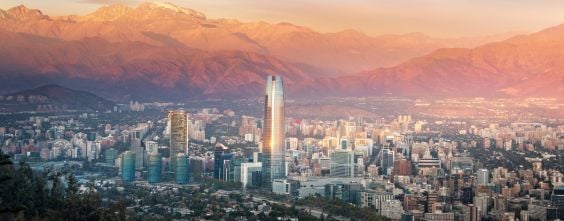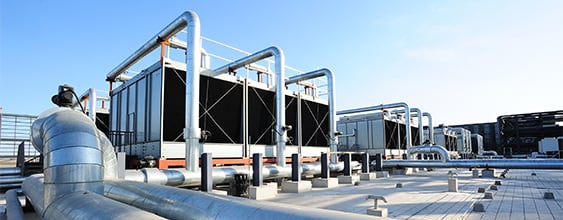Flooding presents a whole new realm of complications with healthcare systems already under pressure, public facilities closed, community services rolled back, and those more exposed to flooding impacts isolated at home. Many of the hubs that provide resources and refuge during flooding may not be opened this season, or will be unable to support the same capacity of people while abiding by the rules of self-quarantine and social distancing. In the event of injuries, an additional influx of people needing medical attention may further overwhelm a healthcare system already under strain.
Our individual ability to prepare and respond to flooding will also be hampered by the impacts of COVID-19. Collective, volunteer-based efforts such as sandbagging and neighbourhood check-in programs are a vital piece of flood resilience – in 2019, nearly 15,000 volunteers in Ottawa helped fill and remove 1.5 million sandbags. Such efforts may be stopped due to restrictions on large gatherings, and in-person support will be challenged by our simultaneous effort to flatten the curve. Monitoring flood risk and planning COVID-friendly ways to protect flood zones will be paramount, particularly this flood season.
Watching the warning signs of flooding
Snowpack levels and the rate of the snow melt are strong indicators of seasonal flood risk, as are warmer temperatures that cause earlier spring thaw and snow melt in many regions. Observations in Western Canada, Ontario, and Quebec have found that snow is melting less rapidly than other years thus far, an encouraging sign that reduces the risk of an early flood season. However, depending on precipitation and water levels, flooding is still possible even with lower snowpack. This was the case in 2019, where snow melt and high inflows combined with heavy rainfall and caused a total of $208 million of insured damage in Quebec and New Brunswick.
Past floods hold important lessons for COVID-19
Municipal, regional and provincial governments, particularly those in flood prone areas, are closely monitoring snow melt conditions and adjusting their responses. The municipality of Pontiac, Quebec is urging residents to find alternative evacuation plans, since the province will not be able to open emergency shelters as it did in the 2019 floods. The Canadian Armed Forces are reportedly preparing to be called in to bolster extreme weather response in northern, remote, and Indigenous communities, and in places more susceptible to wildfire and flooding.
Governments will need to think outside of typical emergency preparedness and response tactics, tapping into community partnerships and crowdsourced solutions. We have already seen innovative, collaborative responses to COVID-19 which are transferrable to the flooding scenario. Examples include cities providing shelter in unused hotel rooms, and resident-led support networks that help those who are more vulnerable and happen to be isolated. Key to resilience will be collaboration among all levels of government, and harnessing the power of the community to supplement flood resilience measures that can’t operate as they have in previous events.

















